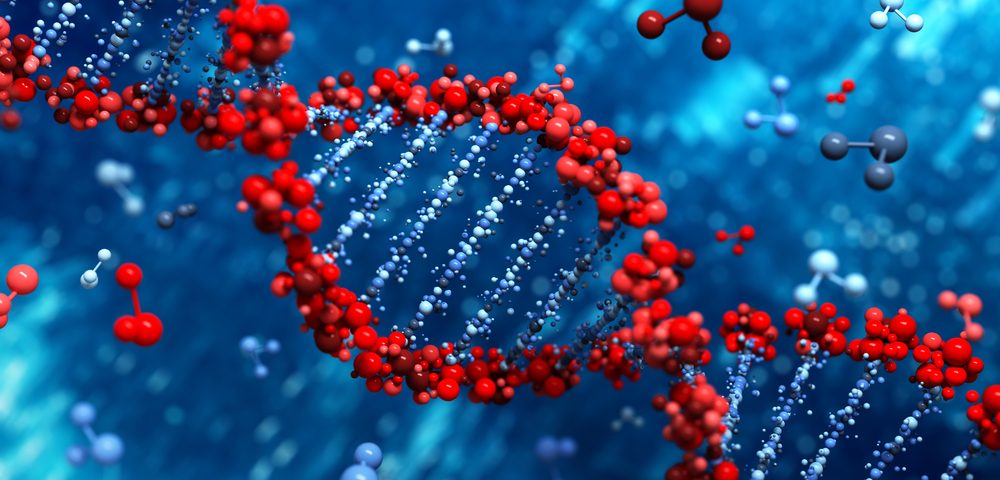A class of inhibitors approved for the treatment of several blood cancers may be an effective therapy for ovarian cancer patients who have mutations in the ARID1A gene, according to researchers.
The study, “Repurposing Pan-HDAC Inhibitors for ARID1A-Mutated Ovarian Cancer,” was published in the journal Cell Reports.
Cancer cells are known to contain significant epigenetic alterations, which change their gene activity. Epigenetics involves compounds added to genes that influence their activity without altering their underlying DNA sequence.
Mutations in the ARID1A gene, which produces a large protein complex involved in epigenetic changes, are frequently found in cancer. More than half of ovarian clear cell cancers — for which no effective therapies exist — possess ARID1A gene mutations, leading to the loss of ARID1A gene activity.
Several enzyme families are known to be involved in epigenetic modifications, including histone deacetylases (HDAC), which are established therapeutic targets in cancer.
In ovarian cancer, high levels of HDAC2, a type of HDAC, have been associated with poor outcomes.
HDAC inhibitors have been developed to work as therapies that target the epigenetic abnormalities of cancer, potentially reversing the deregulated gene activity.
While several HDAC inhibitors have been approved by the U.S. Food and Drug Administration for the treatment of several blood cancers, the results in solid tumors have been mixed.
Now, researchers at The Wistar Institute in Philadelphia evaluated whether HDAC2 could serve as a therapeutic target for ARID1A-mutated ovarian cancer.
Without ARID1A, HDAC2 was found to interact with EZH2 (another epigenetic enzyme) to curb the activity of PIK3IP1 — a tumor suppressor gene that inhibits abnormal cell growth and tumor development. As a result, in ARID1A-mutated cells, PIK3IP1 is not produced, and cancer can grow more easily.
Treatment with Merck’s Zolinza (vorinostat), an FDA-approved HDAC inhibitor, reduced tumor growth and fluid buildup in the abdomen, and improved the survival of mice with ARID1A-mutated ovarian clear cell cancer.
“Our studies demonstrate that targeting HDAC2 activity using pan-HDAC inhibitors such as SAHA [Zolinza] in ARID1A-mutated cells represents an urgently needed therapeutic strategy,” the team wrote.
“We suggest that these inhibitors might be repurposed to target ARID1A-mutant ovarian cancers,” Rugang Zhang, PhD, the study’s lead researcher and deputy director of The Wistar Institute Cancer Center, said in a press release.
The researchers also wrote that simultaneous inhibition of HDAC2 and EZH2 might help “prevent the development of resistance to inhibition of either HDAC2 or EZH2 alone.”
Given that ARID1A gene mutations are frequently found in cancer, the researchers believe their findings may help in the development of improved therapies for several types of cancer.

